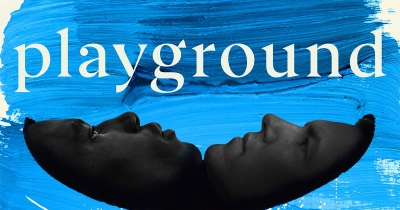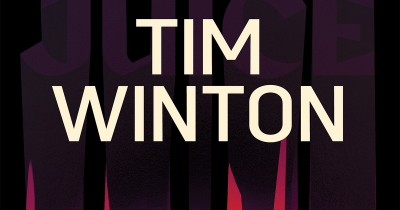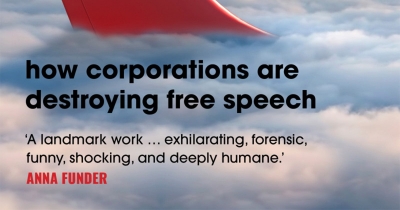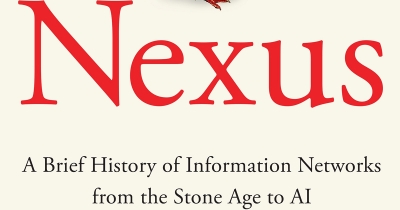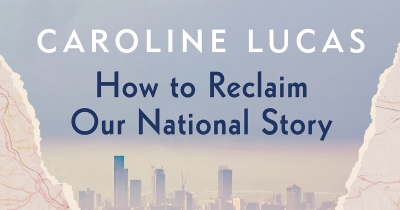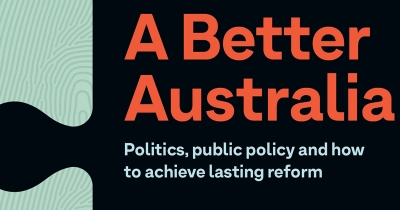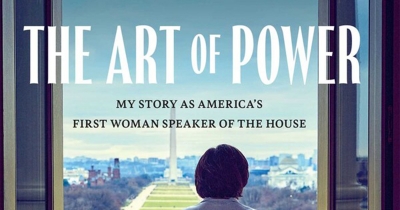Review
Working for the Brand: How corporations are destroying free speech by Josh Bornstein
by Kieran Pender •
Nexus: A brief history of information networks from the Stone Age to AI by Yuval Noah Harari
by Robyn Arianrhod •
Another England: How to reclaim our national story by Caroline Lucas
by Ben Wellings •
A Better Australia: Politics, public policy and how to achieve lasting reform by John Brumby, Scott Hamilton, and Stuart Kells
by Frank Bongiorno •

